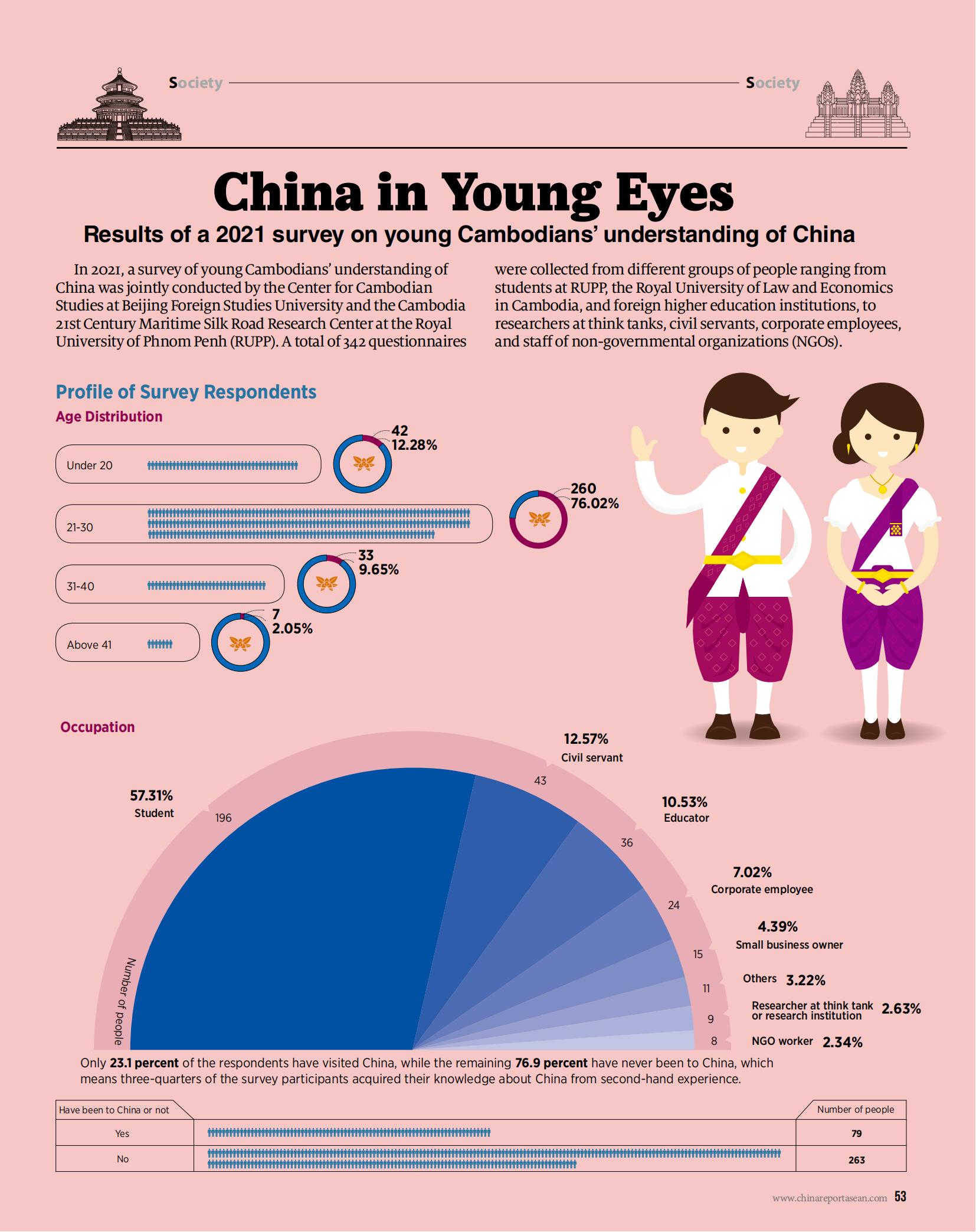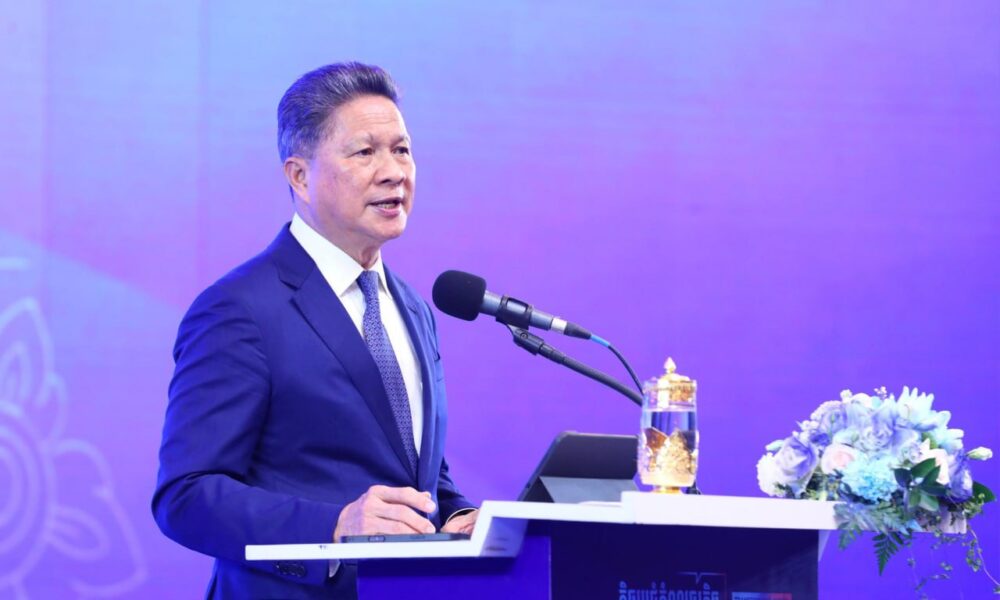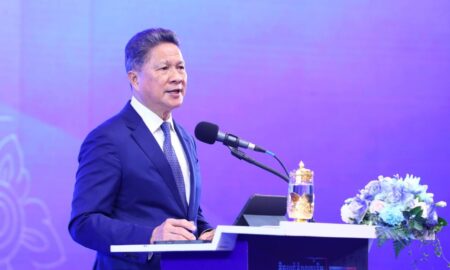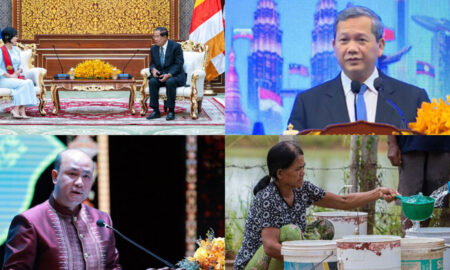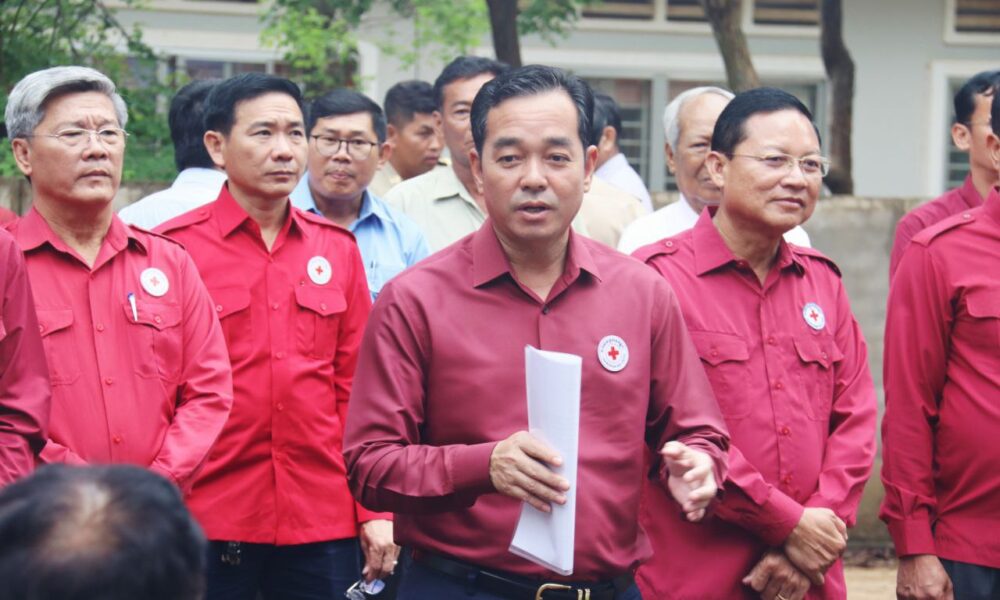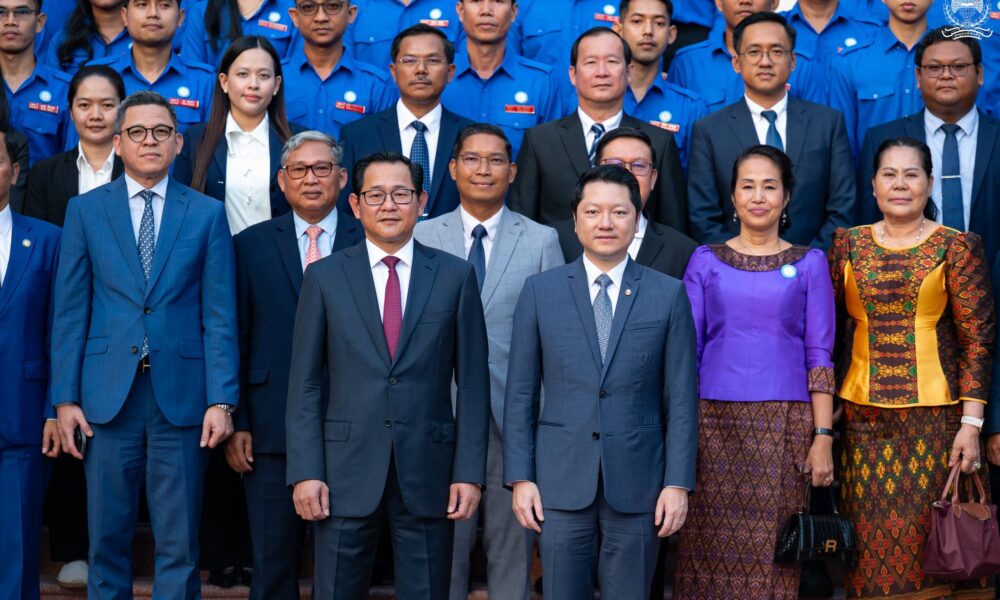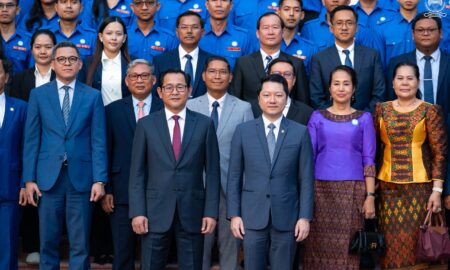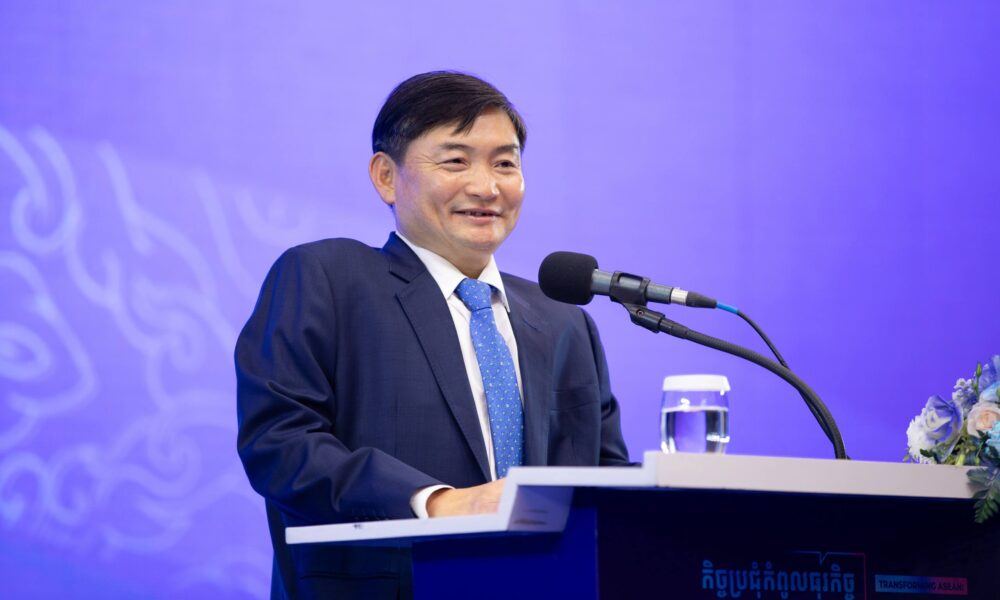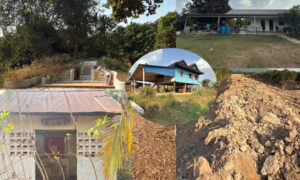The Cambodian Research Center (CCS) of Beijing Foreign Studies University, supported by China Huaneng Group, and the 21st Century Maritime Silk Road Research Center (CCMSRRC) of the Royal University of Phnom Penh, Cambodia, jointly released the Research Report on the Cognition of Cambodian “Z Generation” Youth Groups to China.
According to a set of data from the United Nations in 2020, Generation Z (born between 1995 and 2010) reached 2.4 billion people in 2019, accounting for 32% of the world’s total population, making it the largest generation. The respondents in this study were mainly undergraduates and postgraduates from the Royal University of Phnom Penh, the Royal University of Law and Economics of Cambodia, as well as researchers of the right age from the Royal Academy of Sciences of Cambodia, independent think tanks and some social personages, with a total of 342 answer sheets collected. The survey results show that Cambodian youth generally believe that China is a responsible big country pursuing peaceful development, and Chinese-funded enterprises have played an important role in improving local people’s livelihood.

The survey found that China has become one of the most desirable destinations for Cambodian youth to study abroad. It is understood that economy, science and technology, politics and Chinese are the priority professional directions for Cambodian youth to study in China. In addition, China is also one of the most popular destinations for Cambodian youth to travel abroad. The entry into force of the China-Cambodia FTA in January this year has provided new opportunities for deepening mutually beneficial cooperation between the two countries. The “Belt and Road” and “Special Economic Zone” are the top two keywords for Cambodian youth to describe the current Cambodia-China relations. 69.29% of the young Cambodians interviewed positively commented on the positive role played by Chinese-funded enterprises in Cambodia’s economic development, and more than 70% of the respondents expressed their willingness to work in Chinese-funded enterprises.

The pragmatic cooperation and cultural exchanges between China and Cambodia have been carried out in depth, which has greatly promoted the Chinese education in Cambodia. Cambodian youth interviewed generally believe that learning Chinese is conducive to employment. Most Cambodian youth also recognize the importance of Chinese-style poverty alleviation experience to help Cambodia eradicate poverty.
A Cambodian proverb says, “Trust is like a tree”. The traditional friendship between China and Cambodia is constantly glowing with new vitality and creating more well-being for people of the two countries, especially the younger generation.





